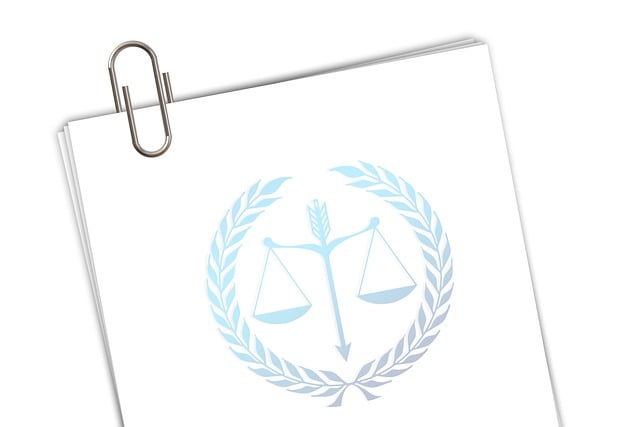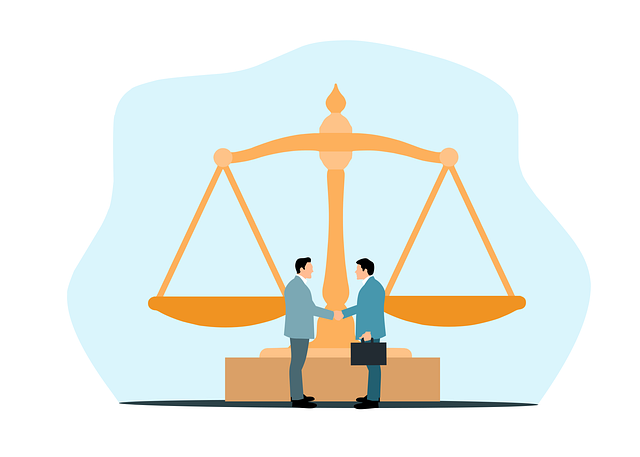A wrongful death settlement provides financial compensation for survivors of individuals deceased due to another party's negligence or intentional actions, covering funeral costs, medical bills, and non-economic damages like pain and suffering, lost companionship, and emotional distress. The process involves multiple steps including gathering relevant info (medical records, witness statements), filing a claim within time limits, negotiations, and potential litigation. Consulting with an experienced attorney specializing in wrongful death cases is crucial for legal protection and making informed decisions during this difficult time.
“As a survivor navigating the aftermath of a loved one’s tragic passing due to someone else’s negligence, understanding your rights regarding a wrongful death settlement is paramount. This article guides you through the complex process, offering insights into what these settlements entail and practical steps to claim what’s rightfully yours. From protecting your legal rights to ensuring fair compensation, discover essential tips for navigating this challenging yet crucial phase.”
- Understanding Wrongful Death Settlements: What They Entail
- The Process of Claiming a Settlement: Steps and Considerations for Survivors
- Protecting Your Rights: Important Tips for Survivors Navigating Death Settlements
Understanding Wrongful Death Settlements: What They Entail

A wrongful death settlement is a financial compensation awarded to the survivors of a deceased individual who met their end due to another party’s negligence or intentional actions. This can include various scenarios, such as fatal car crashes, medical malpractice, or tragic incidents like slip and fall accidents in public places. When such settlements are reached, they serve as a form of justice and financial relief for the surviving family members, helping them cope with the sudden loss.
In cases like nursing home neglect or truck accident injuries, where someone’s actions lead to a fatal outcome, survivors may have grounds to pursue a wrongful death claim. The settlement amount typically covers expenses like funeral costs, medical bills incurred before death, and non-economic damages such as pain and suffering experienced by the deceased, lost companionship, and emotional distress faced by the family. Understanding these aspects of wrongful death settlements is crucial for anyone considering legal action in such sensitive matters.
The Process of Claiming a Settlement: Steps and Considerations for Survivors

Claiming a wrongful death settlement can be a complex process, but survivors are entitled to seek justice and compensation. The first step is to consult with an experienced attorney who specializes in wrongful death cases. They will guide you through the legal procedures and help navigate the emotional challenges that come with such a loss.
Survivors should gather all relevant information and documentation related to the deceased’s life, including medical records, employment history, and any evidence pertaining to the incident. This process involves multiple steps: filing a claim, reviewing the case, negotiating with insurance companies or defendants, and potentially litigating if an agreement cannot be reached. It is crucial to remember that time limits exist for filing wrongful death claims, so prompt action is essential. These cases often involve commercial disputes as well, where survivors must understand their rights and the potential for financial compensation for pain and suffering, loss of companionship, and other damages resulting from slip and fall injuries or any form of negligence.
Protecting Your Rights: Important Tips for Survivors Navigating Death Settlements

Navigating a wrongful death settlement can be an overwhelming process for survivors, but understanding your rights is crucial. It’s essential to remember that you have the right to seek compensation for your loss and to hold responsible parties accountable. Start by gathering all relevant information related to the incident, including medical records, witness statements, and evidence of damages. Consult with a qualified accident attorney specializing in wrongful death cases to ensure your rights are protected throughout the process.
Seeking guidance from an elder law expert can also be beneficial if the deceased was elderly or had specific assets or needs. Remember, time limits apply for filing claims, so prompt action is vital. Don’t let bureaucratic processes or emotional turmoil deter you from pursuing a fair slip and fall settlement or other appropriate compensation. Having a clear understanding of your legal options will empower you to make informed decisions during this difficult time.
Survivors navigating a wrongful death settlement face a challenging journey, but understanding their rights and options is empowering. By familiarizing themselves with the process, from recognizing the value of their claim to protecting against potential pitfalls, survivors can make informed decisions. This knowledge equips them to secure a wrongful death settlement that provides justice and supports their healing process.






